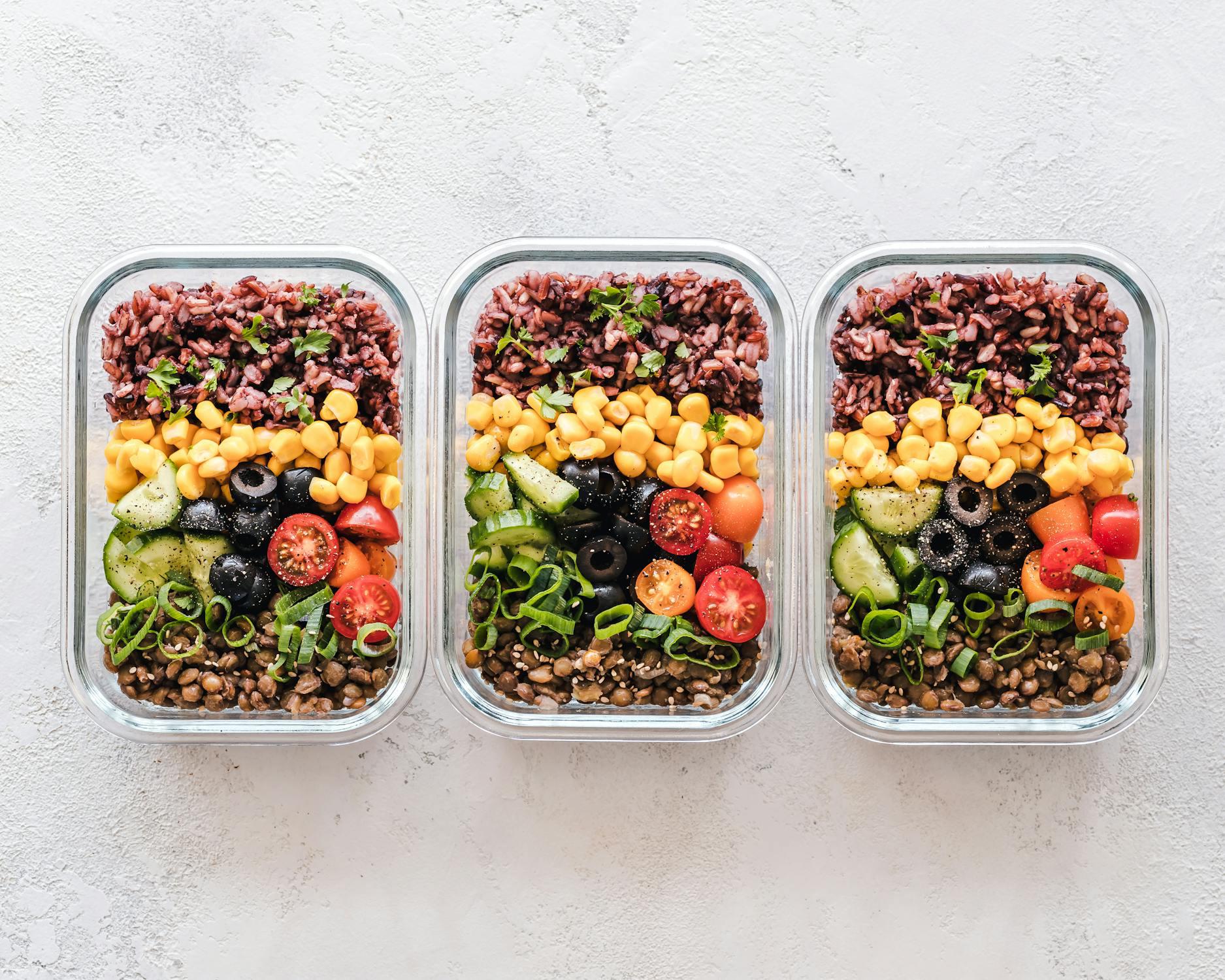The everyday experience of managing hunger and food desires can feel like a complex negotiation. Sometimes, satisfaction is achieved, other times, unexpected cravings disrupt the most well-intended plans. Excess food intake, often a result of these inconsistent signals, can undermine even the most dedicated health goals.
What if it were possible to adjust these signals, naturally reducing cravings and establishing a feeling of control? Natural appetite regulation is not about fighting against your body's innate cues; it's about understanding them, nurturing them, and enabling your body to make more supportive choices.
A Detailed Look at Appetite and Cravings
Appetite and cravings are not simple urges. They are complex messages, a combination of hormonal changes, emotional reactions, and lifestyle factors. Understanding these intricacies is the first step toward regaining control.
Hormones like ghrelin, the "hunger hormone," and leptin, the "satiety hormone," engage in ongoing communication, influencing your desire for food. However, this communication can be disrupted by factors like stress, lack of sleep, and poor eating habits. Emotional eating, often a response to stress, boredom, or sadness, can further complicate matters, leading to excess consumption and feelings of guilt.
Natural Appetite Regulators: Supplements and Strategies Beyond the Basics
1. Fiber Supplements
Beyond basic bulk, high-viscosity soluble fiber, e.g., glucomannan or psyllium husk, forms a thick gel in the stomach, significantly slowing food movement and extending feelings of fullness. This can be particularly beneficial for those prone to snacking between meals.
Always choose weight loss supplements with care and consideration. Consult an expert to ensure you choose the right ingredients and formulation for your body, needs, lifestyle, and weight loss goals.
2. Protein

Protein is a strong appetite regulator. Focus on high-quality protein sources like lean meats, fish, eggs, and legumes, and distribute your intake evenly throughout the day to maximize satisfaction.
3. Water
Do not just drink water; time your intake strategically. Drink a large glass of water before meals to create a feeling of fullness. Infuse water with lemon, cucumber, or mint to add flavor and potential metabolic benefits.
4. Green Tea Extract
The potent antioxidant EGCG in green tea extract not only reduces appetite but also increases fat breakdown and boosts metabolic rate. Look for standardized extracts with a high concentration of EGCG.
5. Apple Cider Vinegar
Beyond its reported appetite-reducing effects, apple cider vinegar may improve insulin sensitivity and regulate blood sugar levels. However, it is important to dilute it correctly to avoid damaging tooth enamel.
6. Omega-3 Fatty Acids
These healthy fats influence hormones related to appetite. Incorporate fatty fish, flaxseeds, and walnuts into your diet.
Eating Strategies: Beyond Basic Nutrition Guidelines
1. Attentive Eating
Do not just eat; engage all your senses. Pay attention to the aroma, texture, and flavor of your food. Eat slowly, savor each bite, and pause between bites to assess your hunger levels.
2. Prioritize Whole Foods
Focus on nutrient-dense whole foods like leafy greens, cruciferous vegetables, and lean protein sources. These foods provide essential vitamins and minerals, supporting overall health and satisfaction.
3. Control Portions
Use smaller plates and bowls to create the impression of larger portions. Measure your food to gain a better understanding of serving sizes.
4. Meal Planning

Plan your meals in advance, focusing on a balanced distribution of macronutrients (protein, carbohydrates, and fats) to optimize satisfaction and energy levels. Smart meal planning is one of the smartest wats to achieve consistent weight loss for a healthy life.
5. Regular Meal Timing
Avoid skipping meals, which can lead to blood sugar fluctuations and increased cravings. Aim for regular meal times to maintain stable energy levels and prevent excess eating.
Lifestyle Factors: Beyond Basic Habits
1. Sleep Quality
Prioritize sleep quality by creating a consistent sleep schedule, optimizing your sleep environment, and aligning your sleep with your natural circadian rhythm.
2. Stress Reduction
Explore various stress-reducing techniques, e.g., mindfulness meditation, yoga, tai chi, or deep breathing exercises, and find what works best for you.
3. Regular Physical Activity
Incorporate a variety of exercises, including cardiovascular, strength training, and flexibility exercises, to support overall health and regulate appetite.
4. Hydration
Beyond plain water, consider incorporating electrolyte-rich beverages, especially after intense workouts, to replenish lost minerals and maintain fluid balance. We also recommend incorporating fat-burning coffee into your routine to support your weight management goals.
Recommended Read: Coffee vs. Other Weight Loss Drinks: Which One Reigns Supreme?
5. Social Support

Seek out support from friends, family, or support groups to help you stay on track with your goals.
The Integration of Natural Appetite Management: A Comprehensive Approach
Natural appetite regulation is a personal experience. By integrating these strategies and supplements into your lifestyle, you can create a positive relationship with food, taking control of your cravings and supporting your health goals.
About the Author
This blog was written by a health and wellness content creator from Lakei Marketing, a company dedicated to providing resources and information on health and wellness. Lakei Marketing focuses on delivering insightful content related to weight management, nutrition, and overall well-being. Their affiliate product collection comprises weight loss supplements for quick results, special fat-burning coffee, and more. Lakei Marketing can be contacted here.



You must be logged in to post a comment.